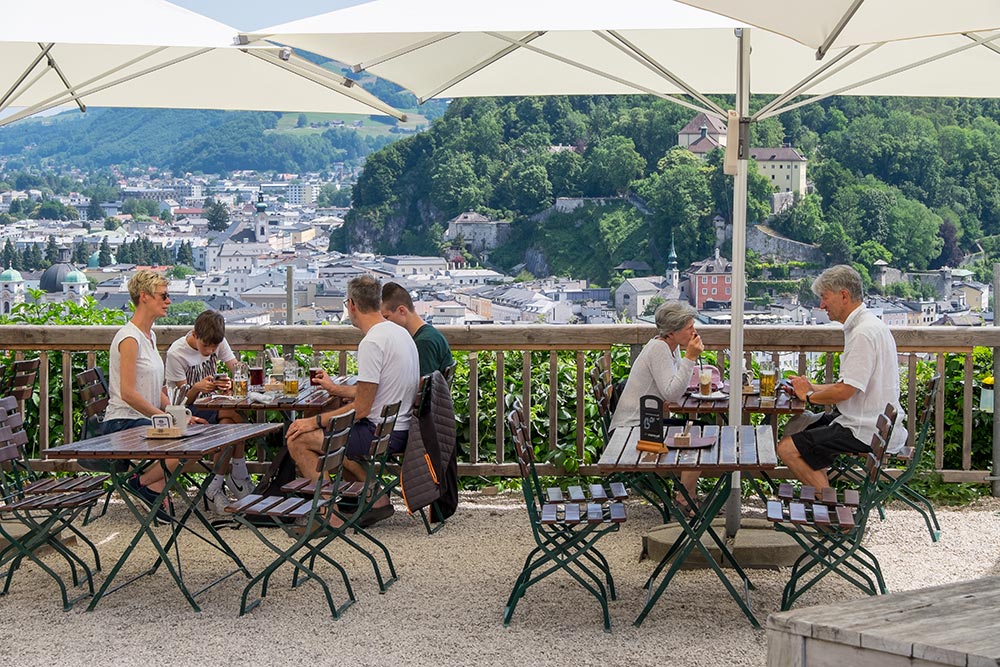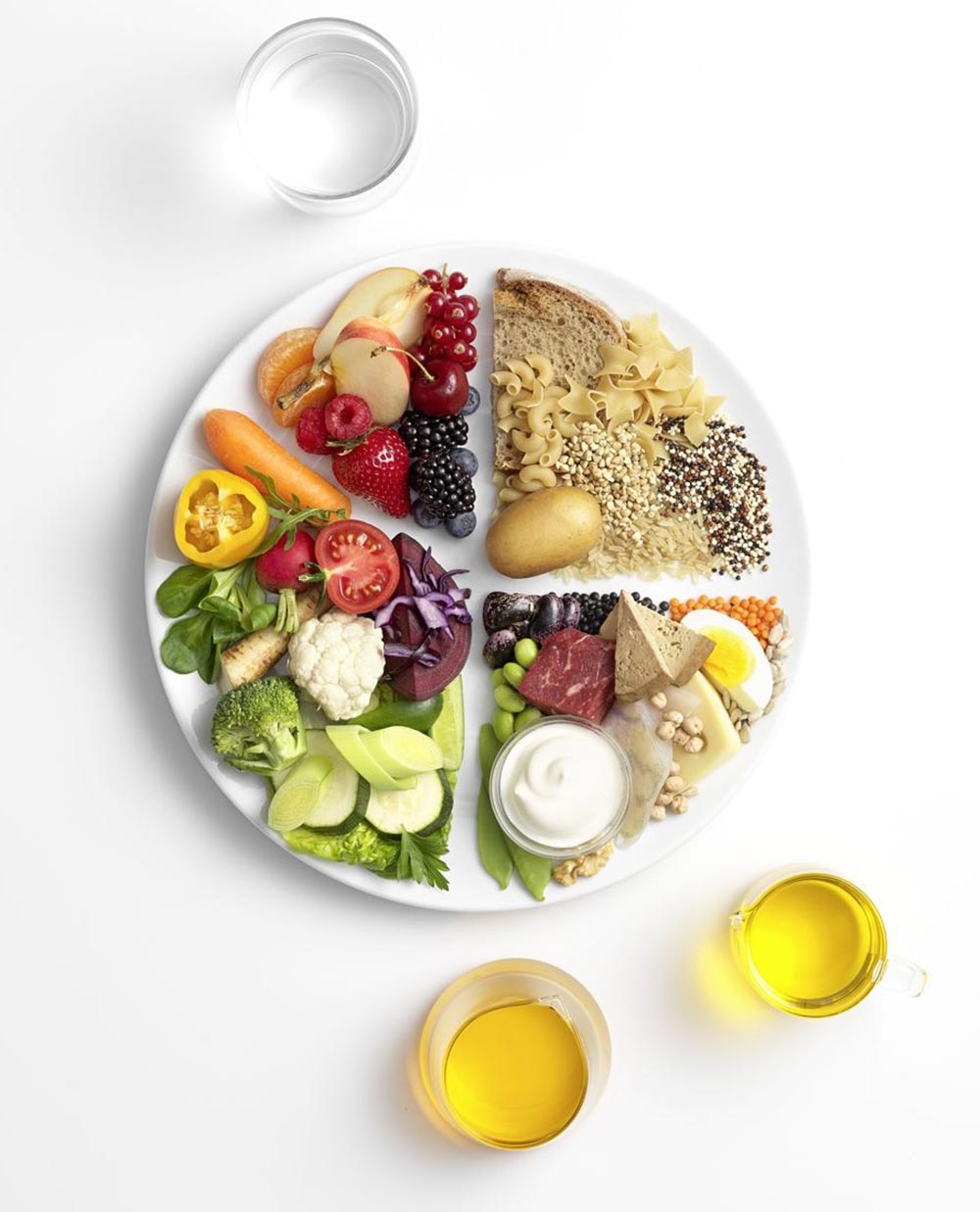
Article


Read the full article at Green Queen August 2, 2024
Austria has joined a growing number of countries championing plant-based food as a healthy & climate-friendly choice in their dietary guidelines.
Austria’s updated national dietary guidelines now officially recommend relying less on animal proteins like meat, fish, and dairy, and choosing from the readily available abundance of plant-based protein sources instead.
The change took effect in July, just one month after Germany ushered in a “new era of nutrition policy” by endorsing the health and environmental benefits of veganism in their own dietary guidelines.
After reassessing vegan nutrition with “all four target dimensions” of a sustainable diet in mind (including social, human health, environmental, and animal welfare considerations), the German Nutrition Society found that:
“Compared to the mixed diet … which includes a high proportion of animal foods, a vegan diet is considered to be more environmentally friendly … especially due to its great potential to reduce greenhouse gas emissions.”
And it seems that Austria’s experts, after their own review process, concur:
A conscious diet with a focus on vegetables, fruits, grains, and legumes is not only good for the planet, but also helps us live longer and healthier.
Johannes Rauch, Austria’s Minister for Social Affairs
Austria has even gone so far as to create – for the first time – a dedicated section for plant-based proteins. This new section includes pulses and legumes, as well as products made from these ingredients, such as soy milk, soy yoghurt, tempeh, and tofu.
The Health Ministry explains that the previous version of the guidelines, which took the form of a classic food pyramid, was based primarily on recommendations regarding nutrient intake and disease prevention.

In contrast, the new version, which is presented as a more up-to-date “plate model”, was developed in collaboration with a variety of nutrition societies and climate agencies. It therefore takes both health and environmental factors into account – an expansion of focus made necessary by the food system being one of the most significant drivers of climate change.
By consciously choosing regional products and reducing the consumption of animal products, everyone can make a valuable contribution to combating climate change.
Johannes Rauch, Austria’s Minister for Social Affairs
The new “plate model” provides a visual depiction of an optimally healthy and sustainable meal, with 50% of the plate consisting of in-season fruits and veggies, 25% consisting of whole grains and potatoes, and the remaining 25% accounting for your choice of proteins.
Notably, the majority of this protein section depicts plant-based protein sources like pulses, beans, nuts, and seeds. In contrast, meat products are only recommended in moderation, due to the fact that they can be high in saturated fat, cholesterol, and salt, and are significantly more resource-intensive than plant foods.
The cookbook-style brochure that accompanies Austria’s new guidelines states:
Of all foods, meat and dairy products burden the climate the most … The production of meat, milk, cheese, and eggs is responsible for about half of the food-related greenhouse gas emissions in western countries.
The supporting brochure also includes plenty of recipe ideas based on the plate model, offering home cooks practical suggestions for how to make their meals even more nutritious and environmentally friendly – namely by prioritising plant proteins, veganising familiar dishes, switching to meat and dairy analogues, choosing seasonal ingredients, and avoiding heavily processed foods.

This significant step forward is all the more inspiring when you remember Austria is just the latest in a growing number of countries that have officially shifted towards plant-based foods for the sake of people, animals, and the planet: Germany, Taiwan, Canada, and the Nordic nations are among the front-runners, with France being called on to follow suit.
Yet further proof that the path towards a sustainable future is paved with plant-based meals! ![]()
Eating veg is more than just “doing your bit” for the environment – studies have shown it’s the single most powerful choice any of us can make to help protect the planet! Join the global plant-based movement today by grabbing a free starter kit.

Lisa’s love of food is only trounced by her love of animals. So when she announced she’d gone veg, her Hungarian grandmother exclaimed with exasperation, ‘oh Lisa, I knew this day would come’ … before promptly frying up a plate of cauliflower schnitzels. It turns out – from Goulash to Paprikás to the family’s favourite Hungarian sweet treats – plants really can be the centrepiece of any meal!